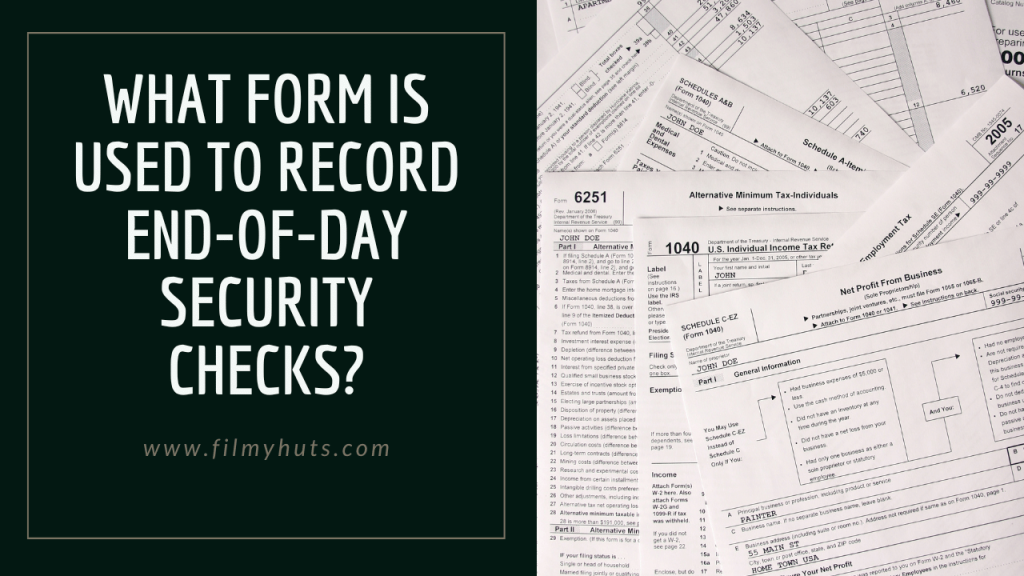The Indiana Rules of Trial Procedure, a critical element of Indiana’s legal system, function as a backbone for litigation, empowering justice and fairness. This article navigates the maze of these complex rules, offering you an insightful exploration that will surely spark curiosity and build understanding.
What are the Indiana Rules of Trial Procedure?
The Indiana Rules of Trial Procedure are a comprehensive set of guidelines that govern the conduct of trial courts in the state. Created with the aim of ensuring smooth legal proceedings, these rules form the cornerstone of Indiana’s litigation landscape, fostering a sense of trust and confidence in the state’s judicial system.
How do the Indiana Rules of Trial Procedure Work?

The Indiana Rules of Trial Procedure work as a cohesive unit to manage various aspects of litigation. They dictate everything from the commencement of a suit to the presentation of evidence and the final judgment. The structured nature of these rules provides an environment where disputes can be resolved with integrity, bolstering trust in the legal framework.
Key Provisions of the Indiana Rules of Trial Procedure
Navigating the key provisions of the Indiana Rules of Trial Procedure can be a fascinating journey. Some of the most influential rules include those regarding pleadings, discovery, trial conduct, and post-trial motions. Mastering these vital sections can unlock a deeper understanding of the Indiana trial process.
Comparing Indiana Rules of Trial Procedure to Other States
There’s a captivating diversity among trial procedures across U.S. states. When compared to other states, Indiana’s trial rules exhibit unique characteristics that make them stand out. This comparison can lead to valuable insights into the nuances of the Indiana trial process.
Recent Updates and Amendments to the Indiana Rules of Trial Procedure

Indiana’s legal landscape continually evolves. Staying updated with recent amendments to the Indiana Rules of Trial Procedure is crucial to comprehend the current state of affairs. This dynamic aspect of the law can ignite interest, driving the quest for knowledge.
Locating the Indiana Rules of Trial Procedure
You can find a copy of the Indiana Rules of Trial Procedure online or at law libraries. Accessibility to these rules is part of Indiana’s commitment to transparency and justice. This easy availability stimulates trust, encouraging more individuals to familiarize themselves with these regulations.
Purpose of the Indiana Rules of Trial Procedure
The purpose of the Indiana Rules of Trial Procedure is to ensure the orderly and efficient resolution of disputes. They exist to uphold the rule of law, one of the most enduring principles of democracy. Understanding the underlying purpose can elicit a profound appreciation for these rules.
The Impact of the Indiana Rules of Trial Procedure on Civil Litigation

The Indiana Rules of Trial Procedure significantly impact civil litigation, shaping the way cases unfold. Grasping this impact can illuminate the powerful role these rules play in the pursuit of justice.
Steps in the Trial Process According to the Indiana Rules of Trial Procedure
Understanding the steps in the trial process can demystify the Indiana Rules of Trial Procedure. Each step, from the filing of the complaint to the final judgment, plays a critical role in shaping the trial’s outcome.
Compliance with the Indiana Rules of Trial Procedure when Filing a Lawsuit
Compliance with the Indiana Rules of Trial Procedure is non-negotiable when filing a lawsuit. It ensures fair play and respect for the legal process, encouraging trust and compliance among litigants and their counsel.
Understanding the Scope of Indiana Rules of Trial Procedure
The Indiana Rules of Trial Procedure provide a standardized, comprehensive framework for litigation in Indiana state courts. They are inclusive of every stage of a trial, starting from the initial filing of a complaint to the final verdict and subsequent appeals, if any. These rules ensure uniformity in court procedures, fostering predictability and reliability, which ultimately leads to trust in the judicial system.
The Structure of Indiana Rules of Trial Procedure
The Rules are systematically organized into sections, each dealing with different phases of the litigation process. They include detailed guidelines about pleadings and motions, pre-trial procedures, trials, and post-trial proceedings.
- Pleadings and Motions: This section defines how a complaint, response, and subsequent motions should be structured. It includes rules about filing and serving these documents, and outlines the timeline within which parties must respond.
- Pre-Trial Procedures: Here, the rules explain the process for conducting discovery, which includes interrogatories, depositions, and requests for documents. They also cover how to handle disputes that arise during discovery and how to prepare for the trial.
- Trial Procedures: This section elaborates on jury selection, presentation of evidence, witness examination, and making closing arguments. It ensures that trials are conducted in an orderly and fair manner.
- Post-Trial Proceedings: These rules guide the process of filing appeals and requesting a new trial, if needed. They detail the grounds for appeal and the procedure for submitting an appeal.
Decoding the Pleadings and Motions under Indiana Rules of Trial Procedure
The Indiana Rules of Trial Procedure encourage a “fair fight” by establishing an equal playing field for both the plaintiff and the defendant. They spell out how each party must present their case through pleadings and motions, and they also mandate the sequence and timing of these filings. By understanding these requirements, litigants can construct solid arguments and ensure they comply with procedural mandates.
Significance of Pre-Trial Procedures in Indiana
Pre-trial procedures, a prominent aspect of the Indiana Rules of Trial Procedure, streamline the path to the trial. They facilitate the exchange of information between parties, allow for the resolution of certain issues before the trial, and assist in trial preparation. The pre-trial phase, thus, serves as a crucial period of strategic planning and negotiation.
Trial Procedures: The Heart of the Matter
Trial procedures are where the rubber meets the road. These rules guide how the actual trial should be conducted and how evidence should be presented. They ensure that both parties have a fair chance to present their case before an impartial judge or jury.
Post-Trial Proceedings: The Journey Beyond the Verdict
Post-trial proceedings under the Indiana Rules of Trial Procedure provide a roadmap for actions after the verdict. Whether it is filing for a new trial, moving for judgment notwithstanding the verdict, or initiating an appeal, the post-trial rules help to ensure that justice prevails, even beyond the trial’s conclusion.
Frequently Asked Questions
What happens if the Indiana Rules of Trial Procedure are not followed?
Failure to comply with these rules can lead to a variety of consequences, including fines, sanctions, or even the dismissal of the case.
Are the Indiana Rules of Trial Procedure applicable to both civil and criminal cases?
The Indiana Rules of Trial Procedure primarily govern civil cases. Criminal cases are typically guided by the Indiana Rules of Criminal Procedure.
Where can I find updates to the Indiana Rules of Trial Procedure?
Updates to the rules are typically published on the Indiana Judiciary’s official website and circulated in the Indiana Register.
How are the Indiana Rules of Trial Procedure enforced?
These rules are enforced by the presiding judge of each case. The judge has the discretion to interpret the rules and apply sanctions for non-compliance.
Do the Indiana Rules of Trial Procedure apply to small claims court?
Yes, although small claims court has its own set of rules, the Indiana Rules of Trial Procedure may apply where the Small Claims Rules are silent.
Can parties agree to waive certain Indiana Rules of Trial Procedure?
While some rules can be waived by agreement of the parties, others, particularly those that pertain to the court’s operation and the fairness of the trial, cannot be waived.
Also Read: Win Win Food Delicious Healthy Eating for No Fuss Lovers
Final Words
Understanding the Indiana Rules of Trial Procedure empowers every individual stepping into a courtroom, ensuring they can effectively navigate the complex maze of legal proceedings. With this knowledge, Indiana’s legal system becomes less daunting, fostering an environment where justice isn’t just a concept, but a reality.

